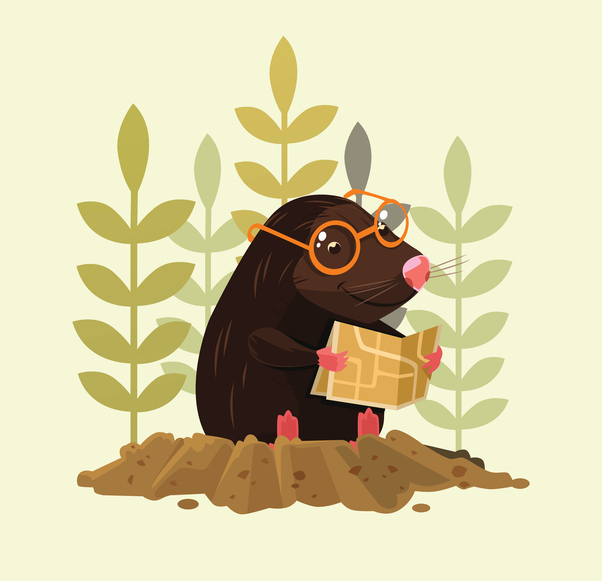Merriam Webster lists several, little (and not so little) definitions for the word “mole” that range from “burrowing insectivores” to “double agents” to “the base unit in the International System of Units for the amount of pure substance that contains the same number of elementary entities as there are atoms in exactly 12 grams of the isotope carbon 12.” (Um, deep breath)…
Luckily, for Elizabethtown College, it happens to have its own moles that just happen to be a little bit of all of the above – yes, even the rummaging rat-like rodent!
Each year, the Department of Chemistry at E-town invites four students — one from each class year — to become a Musser Mole. And, while they don’t spend their time eating earthworms or funneling top-secret information from government organizations, they are informants of sorts for current and prospective E-town students.
Musser Moles catalogue experiences in Chemistry about lab experiments and departmental social events by posting once a week to the department’s Facebook page.
Junior chemistry education major Ryan Thomas, who has been a Musser Mole since his first year at E-town, said he enjoys the work as well as the group’s name.
The Musser Moles name not only relates to the scientific mole but to the info-leaking mole, as well. The icing (or earthworm) on the cake is that the American Chemical Society’s mascot is—you guessed it—a furry mole.
“It’s funny,” Thomas said. “It has multiple layers. It’s the kind of humor we like.”
The Moles introduce themselves and their classes online every year, and links to the site are shared at some open house events.
Gary Hoffman, professor of chemistry and chair of the Department of Chemistry and Biochemistry said he was happy to continue the Musser Mole project, which had been started by previous chair Kristi Kneas, professor of chemistry and now dean for academic affairs and faculty development. Hoffman said he enjoyed the interaction between current students, prospective students and chemistry grads.
“A lot of alumni will comment on the posts that are made,” Hoffman said. “It keeps them engaged and interested in the College.”
Although he heads up the department, Hoffman said he does not regulate the Musser Moles too heavily. “I leave things up to them,” he said. “I would rather it was from their perspective, because I want people to see what the students are thinking.”
He cited recent posts by a mole currently abroad in Ecuador as some of his favorites, as they feature interesting pictures of animals and wildlife. Thomas agreed that pictures can make for unique posts.
“I enjoy the fact that as a lab student, I have permission from my professors to pull out my phone and take pictures,” Thomas said. “Capturing the reactions and experiments is fun.”
Even though the job of a Musser Mole is not as exciting as uncovering and sharing government secrets, the ability for these students to share their love of science is fun—and dangerous—enough for them.


